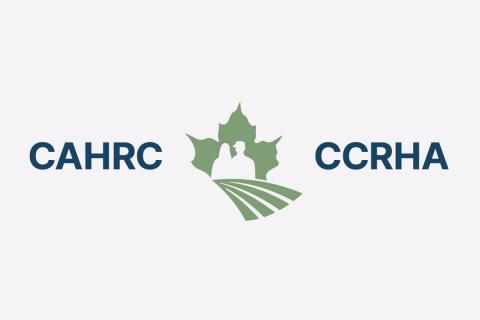Ottawa, ON – New research suggests that Canada’s horticulture industries are at risk of becoming increasingly vulnerable to potential labour fluctuations as their dependence on foreign labour sources rises rapidly.
The Canadian Agricultural Human Resource Council (CAHRC) has completed a three-year study on Canada’s horticultural industries, which examined labour-related issues and provided labour market forecasts to 2025. The research revealed that in 2014, horticulture accounted for 107,700 jobs. However, an additional 5,800 jobs went unfilled as a result of domestic labour shortages, and these shortages cost $353 million in lost sales. As horticulture’s labour issues worsen, those costs are likely to rise.
Horticultural growers include three commodity groups within agriculture: tree fruit and vines; field fruit and vegetables; and greenhouse, nursery and floriculture. All three commodity groups share common characteristics, including a highly seasonal and labour-intensive work environment that creates a high dependency on foreign workers. In fact, these three industries account for nearly three-quarters of all foreign workers in the entire agriculture sector, despite only accounting for roughly one-quarter of its domestic workforce. In 2014, approximately one in three horticultural workers was foreign, and the reliance on foreign workers is expected to grow as these industries face a growing need for labour and a shrinking domestic supply of workers.
Key factors affecting horticulture’s increasing dependency on foreign labour over the next 10 years include a high rate of retirement among current domestic workers, a lack of domestic workers with the needed skills and experience, negative industry perceptions among domestic workers, and the tendency of horticultural operations to be located in rural areas where housing and transportation pose challenges to workers.
To address the labour issues identified in the research, CAHRC, with the help of the Government of Canada, has developed agriculture-specific human resource (HR) tools designed to support modern farm operations to manage their workforce. CAHRC offers Agri Skills, online and in-person training programs, and the Agri HR Toolkit – an online resource guide and templates to address the HR needs of any business. For agricultural organizations there are customized labour issues briefings that apply the new research to specific commodities and provinces, to explore the labour implications within their specific area. For more information on these and other CAHRC offerings visit www.cahrc-ccrha.ca.
The Horticulture labour market forecast to 2025 reports can be downloaded at https://www.cahrc-ccrha.ca/agriLMI.ca. The study data was validated through industry consultations conducted Canada-wide including: 1034 surveys of employers, workers and industry stakeholders; 80 phone interviews; six focus groups for a total of more than 100 participants; and seven webinars focused on specific commodity groups with 100 participants in total.
The LMI research was funded in part by the Government of Canada’s Sectoral Initiatives Program.
